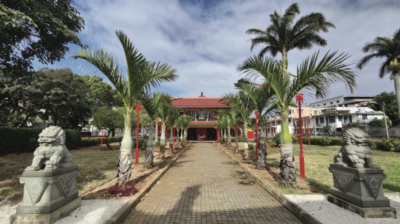Anxieties in multisituated remote ethnographies, experiences from Mozambique
Resource iniquity has created opportunities, resilience, and adaptability in ethnographic production within the African context. Consultancy is the main source of funding producing knowledge within social sciences on the continent. Ethnographies, inside and outside academia, as Nyamnjoh (2012) argues, has always meant cooperation and co-production, contrary to the myth of the solitary anthropologist. Based on my experience as a consultant in Mozambique, I showcase the power dynamics within co-production, the limitations and opportunities, and forms of adaptation and resilience. Largely, project resources and leadership are foreign, with locals used as mediators and "translators." The development industry requires compact and time-efficient knowledge production, including multi-sited data collection. In this instance, multiple sites are dissimilar to those described by Marcus (1995), as they are accessed simultaneously by different ethnographers, rather than interconnected sites researched by the same ethnographer. Instances of remote ethnography are also different from the one developed by anthropologists from the Manchester school, who used data from assistants and informants from sites they previously visited. The multi-situated reality of remote and mediated access to sites can create anxiety in researchers less familiar with contexts, and suspicion of data not collected by them. A similar anxiety was experienced by some anthropologists prevented from accessing their ethnographic sites because of the pandemic and who were unsatisfied with remote and mediated access. This created opportunities for the consultant anthropologist in Mozambique, who, having done ethnography permanently adapting to different collaborators, various topics, and mediated analysis, felt less anxiety. They have adapted and persisted in producing knowledge in response to existing circumstances, and access the field in a double privilege and curse; the urge to produce knowledge, coupled with the need created by limited opportunities and resources.
https://apa2022.apantropologia.org/en/


